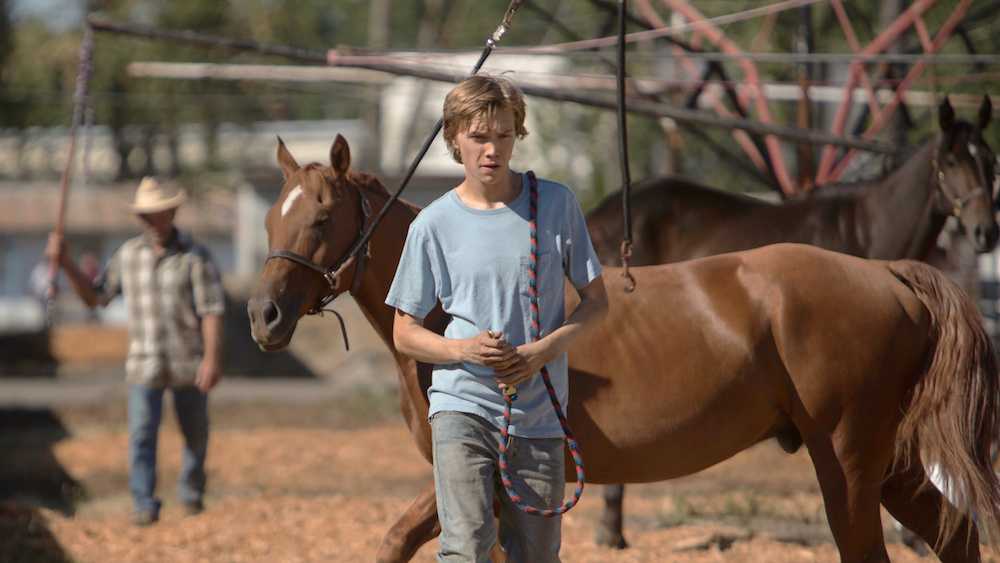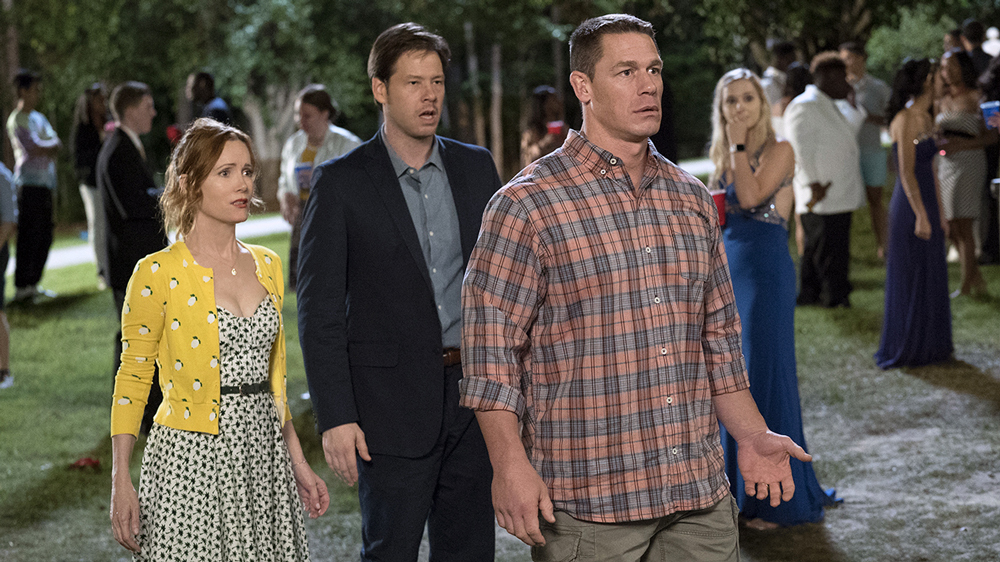File Under 2018 #52: In the Intense Now
/What it's about: João Moreira Salles serves as director and narrator for the film study slash personal essay that explores how moving images relate to and shape history. He examines footage of political protest movements, home videos, and film shot by his mother while travelling in Mao's China to weave together a cohesive story from around the world.
Unorganized thoughts:
The title In the Intense Now is a bit misleading, as a majority of the footage Salles uses is from the past, specifically between the years of 1968-1969. This was a time of great political turnover across the world. The Vietnam War, of course, sparked an air of protest, but the film doesn't directly address this. Instead, it focuses primarily on two major events, the student rebellion in Paris and political liberation in Czechoslovakia called the Prague Spring.
Intermittently, the film includes home movies of Salles's childhood, contemporary events in his home country Brazil, and beautiful footage from China filmed by the director's mother.
In the Intense Now really isn't about the history of these revolutions, per se, but how it is captured as history through news footage, amateur films and professional documentaries. Salles analyzes specific images in how they've been remembered [the photo at the top of this piece, perhaps the most famous image of the French student protests, for example]. In one section, the director infers how black students were involved with the protests entirely based on their literal place in the footage. This is a great example of how insightful and engaging the film can be when at its best.
João Moreira Salles is a thorough guide to understand history by analyzing the images from historical events. His narration is even-keeled but very precise. Even through translation from Portuguese, his word choices are specific to his approach.
One interesting metaphor for the presentational approach of the film: When the focus of the political struggles shifts from students to the low-class worker, Salles describes through narration that the camera is no longer seeking out the student.
The most prominent figure in the first half of the film is Daniel Cohn-Bendit, who was a de facto leader of the student movement and the face toward the media. Like the approach of the movement in whole, this isn't a biography of Cohn-Bendit and really isn't about his broad ideas, but more like an examination of his on-screen persona, how he positioned himself to the public, and how his ideas were messaged.
Inclusion of footage from a counter-protest, pro-DeGaull rally is positioned in an interestingly contrasting way. The participants featured here are mostly small business owners, housewives, the stereotypical French bourgeoisie. The footage used is in immediate and stark contrast to the low-grade, grainy film that has been displayed over the past hour. It is bright, clean and, most importantly, in beautiful color. Salles doesn't explicitly comment on this, and it is perhaps the best or only available footage available, but the use of it is a clear visual of the groups ideological and status differences.
The different areas of footage are blended in extremely well. I wouldn't say the film is edited in an inter-weaved way, it takes its time on long stretches in one place, but it shifts quietly. It feels like a whole piece throughout.
The limit of In the Intense Now is that it is wholly an intellectual exercise and results in a reserved emotional distance. So while it is extremely well made and insightful for a student of cinema or history, this isn't a film I can have a fully invested experience in. It's not a knock, but a compartmentalization.
It also does lose some steam along the way. The second half moves away from Paris to the Prague Spring and maybe it isn't as inherently compelling or maybe I'm just less familiar or interested, but I could feel it drag. Maybe a film essay this specific and dense just should be 130 minutes -- a simplified 60-80 minute version of this would have had the same thematic impact while being more compelling throughout.
Not for nothing, the film is currently streaming on MUBI for another 2 weeks or so. From what I can tell, it is basically the only way to see the film right now. Be forewarned, though: the subtitles are annoyingly white without a thick black border, which over black and white footage doesn't work very well. A significant amount of the narration is completely unreadable.




















